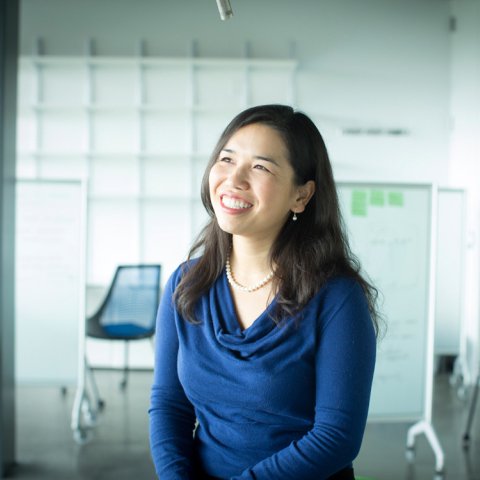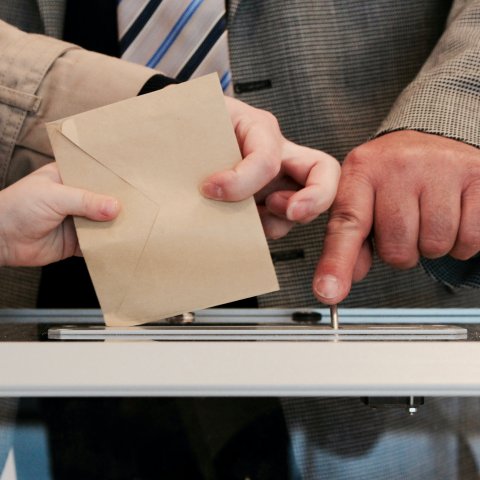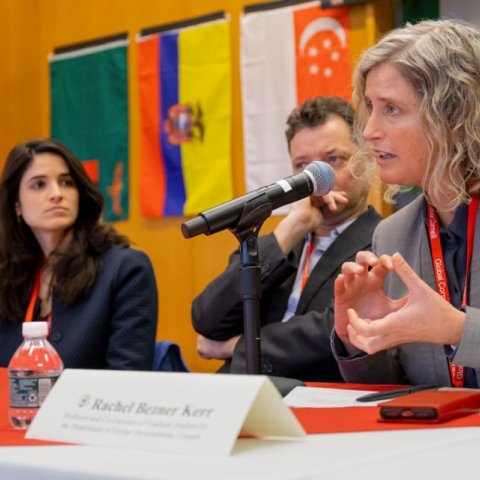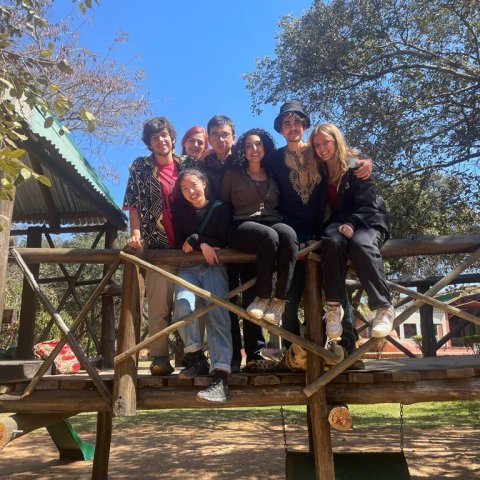News
Full listing
Read President Pollack's December recognition ceremony speech translated into Chinese, Hindi, Korean, and Spanish. Congratulations to all the graduates.
Cornell researchers are proposing novel approaches to account for the true value of nature to the global financial bottom line.
Fear of tracking and the use of digital tools in the context of public benefits in the U.S. are among the major barriers to immigrants accessing online resources and benefits more generally. This project was funded by Global Cornell's Migrations initiative and includes Migrations faculty leadership Stephen Yale-Loehr and Gunisha Kaur.
Source
Due to faster decomposition, disposable and plasticized biodegradable medical gowns introduce greenhouse gas discharge problems in landfills, according to new Cornell engineering research.
Cornell students have until January 3 to enroll in Winter Session's newest offering: Introduction to World Poetry. The online course is led by Alan Scott Weber, a professor of English who teaches humanities at Weill Cornell Medicine-Qatar. Winter Session Online runs January 3 –20. 2023.
The New Yorker profiles Jessica Weiss Chen, faculty with the Einaudi Center's East Asia Program. Weiss argues that Biden Administration policy is contributing to an “action-reaction spiral.”
Source
Cornell doctoral candidate Bethany Jorgensen co-authored the 2022 Lanzarote Declaration – a synthesized wish list of action in anticipation of a U.N. treaty on global plastic pollution in 2024.
Global Public Voices fellows from the Mario Einaudi Center for International Studies use their expertise to shape public debates about global policy issues and advocate for a more just and equitable future.
Source
Hosted by Global Cornell, the Global Grand Challenges Symposium brought together more than 300 faculty, staff and students from Cornell and the new Cornell Global Hubs to discuss ideas for the next universitywide Global Grand Challenge.
Source
The Laidlaw Scholars Program, hosted at Cornell by the Mario Einaudi Center for International Studies, trains early undergraduates in international research and leadership and sends them out into the world for hands-on experiences.








